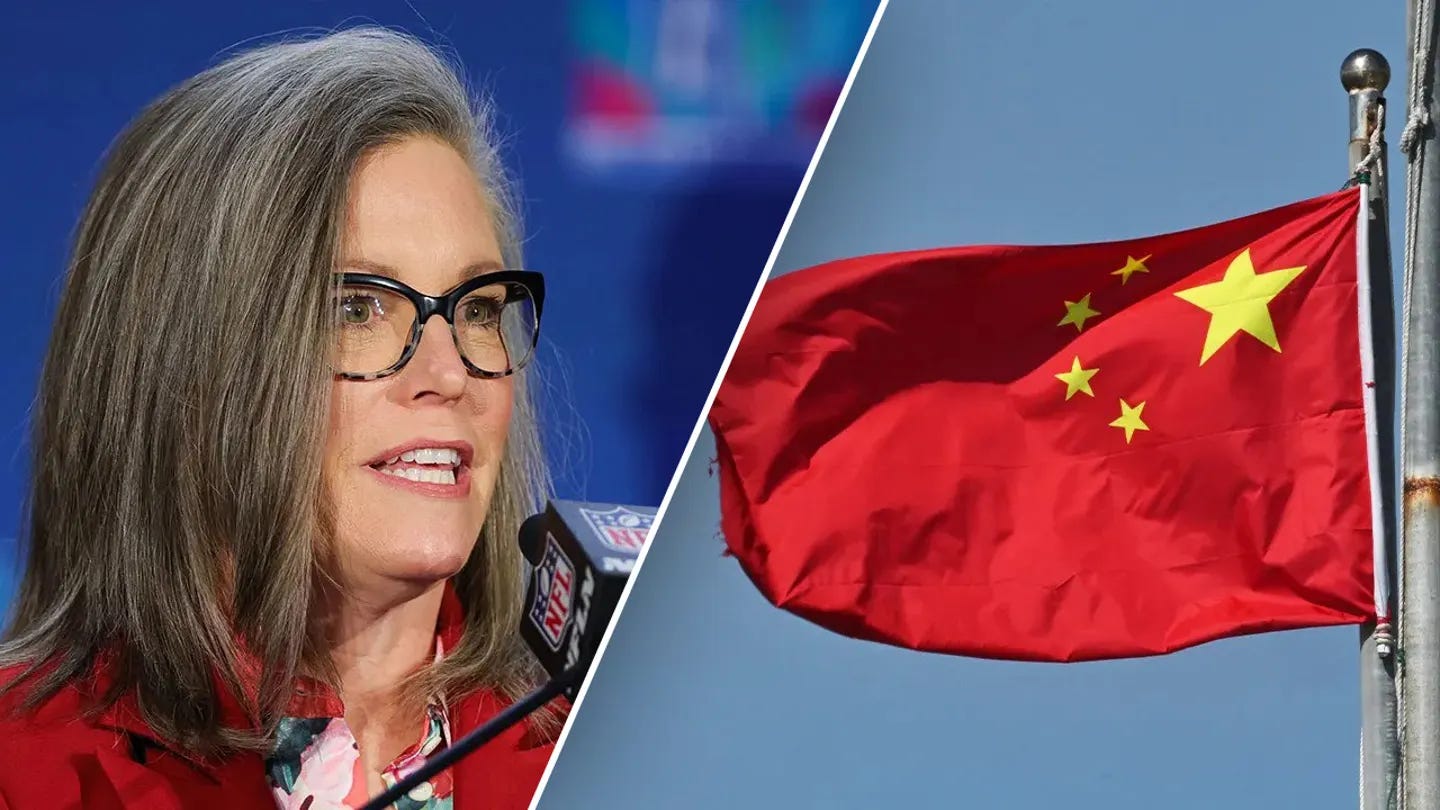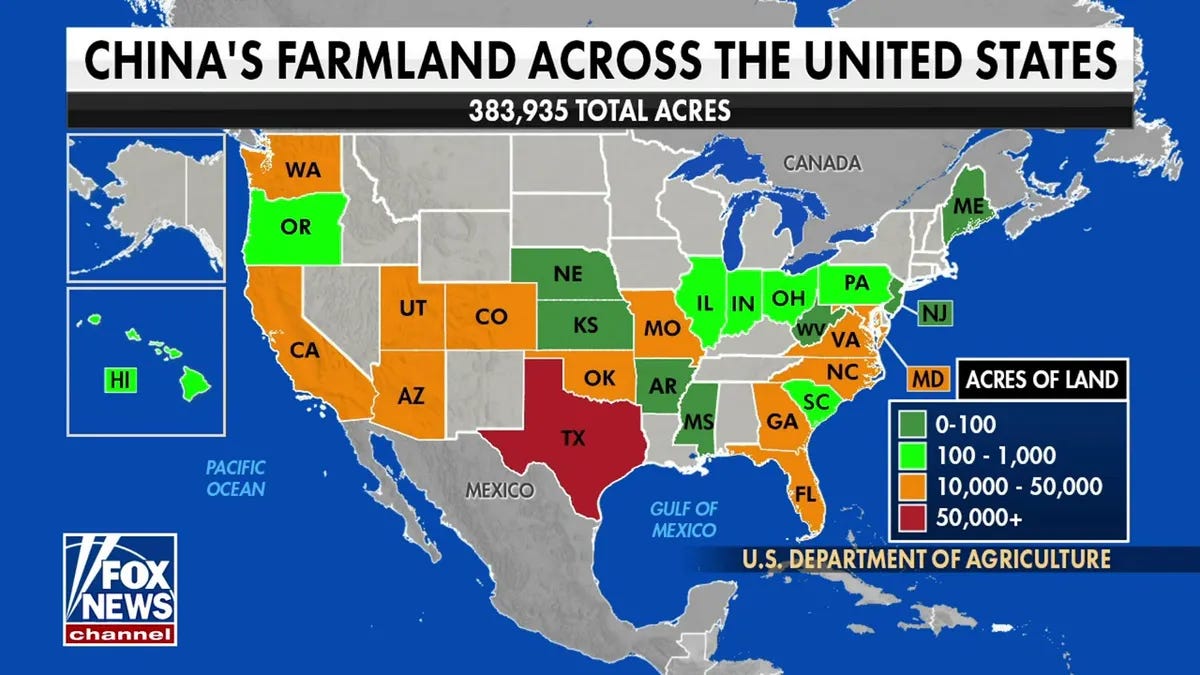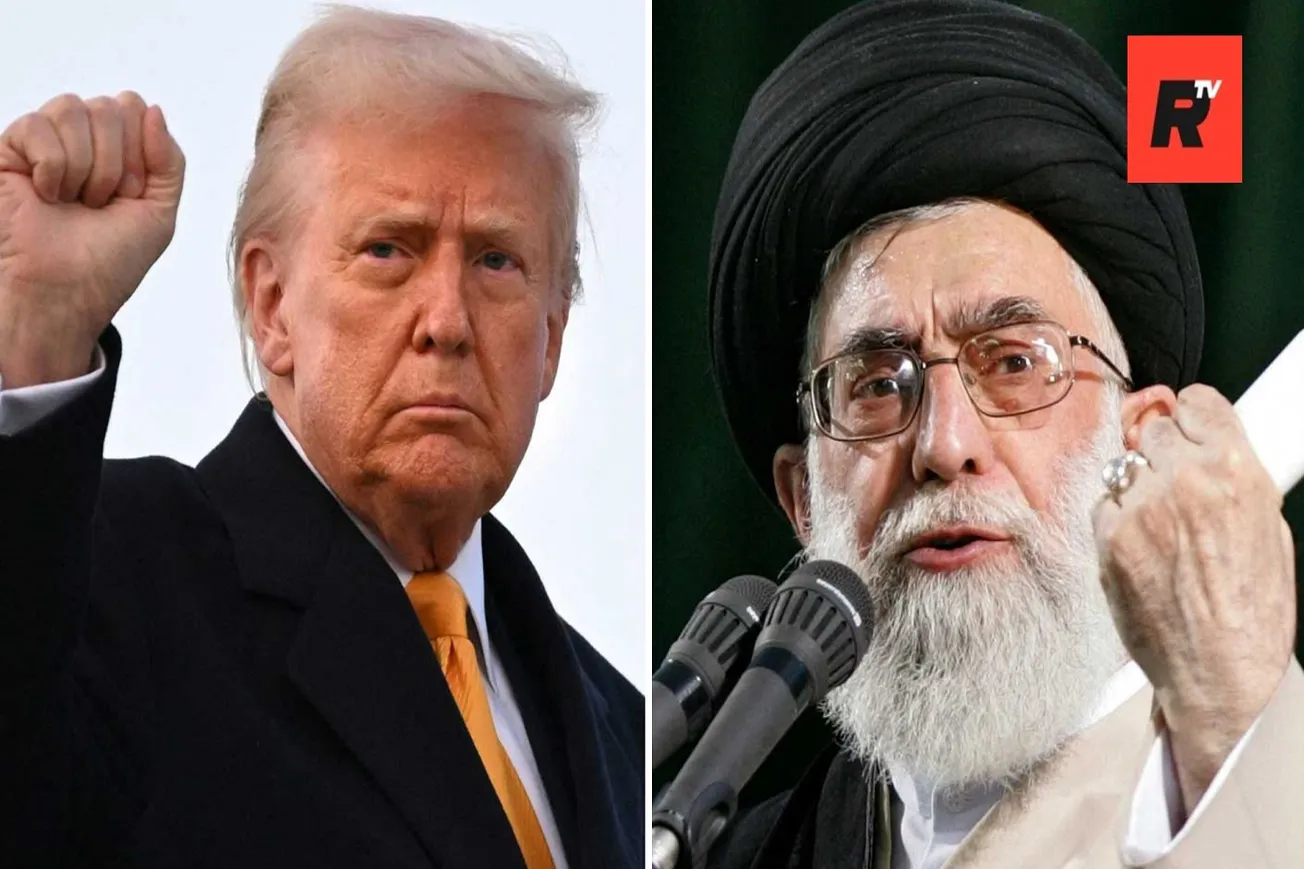Table of Contents
On June 2, 2025, Arizona Governor Katie Hobbs, a Democrat, vetoed Senate Bill 1109, a measure aimed at barring the Chinese government and its subsidiaries from owning a 30% or greater stake in property near the state’s military bases.
The decision, which critics call a dangerous misstep, has reignited concerns about national security and foreign influence, with lawmakers and advocates slamming Hobbs for prioritizing politics over safety.
As 22 states have already passed laws restricting foreign land ownership, Arizona’s veto stands out, leaving key assets like Luke Air Force Base vulnerable.
“This politically motivated veto is utterly insane,” said Arizona Senate Majority Leader Janae Shamp, who sponsored the bill.

She accused Hobbs of being “an obstructionist against safeguarding our citizens from threats,” pointing to recent attempts by Chinese entities to lease buildings near Luke Air Force Base, where fighter pilots train.
“Governor Hobbs’s veto of SB 1109 hangs an ‘Open for the CCP’ sign on Arizona’s front door, allowing Communist China to buy up American land near critical assets like Luke Air Force Base, Palo Verde nuclear power plant, and Taiwan Semiconductor’s growing fabrication footprint,” said Michael Lucci, CEO of State Armor Action, a group focused on state-level security solutions.
Hobbs defended her veto, arguing the bill was flawed. “SB 1109 is ineffective at counter-espionage and does not directly protect our military assets,” she said, adding that it lacked “clear implementation criteria” and risked “arbitrary enforcement.”
The bill, which passed with bipartisan support after amendments narrowed its focus to Chinese government-linked entities, aimed to address growing fears of foreign espionage.

The issue isn’t new. Chinese land purchases near U.S. military bases have alarmed lawmakers nationwide.
“The actual Chinese government, our enemy, was trying to lease buildings near the base,” Shamp said during a February 26 debate, underscoring the stakes.
A 2023 Congressional Research Service report noted that foreign ownership of U.S. land exceeds 40 million acres, with China’s share growing since 2019, though still trailing countries like Canada and the Netherlands.
As of March 17, 2025, 27 states were considering 84 bills to curb foreign property ownership, per the Committee of 100, with 17 states passing such laws in 2024 alone.
Critics see Hobbs’s veto as a betrayal. “Hobbs is a total disgrace,” Shamp said, warning that “the future of our state is in jeopardy so long as she continues on this trajectory.”

Some Arizonans, like farmer Scott Hays, are torn, acknowledging economic ties with China. “It’s unfortunate we’ve got ourselves in this situation of distrust,” Hays said, noting that U.S. agricultural exports to China hit $36 billion in 2024.
Still, the veto’s timing—amid Hobbs’s reelection campaign—has fueled speculation about her motives. “How much have you been paid by the Chinese?” one X user asked, reflecting sentiments of betrayal among some voters.
The Arizona legislature could override the veto, but for now, Hobbs’s decision leaves the state exposed.
“Allowing Communist China to buy up land near our critical assets is a national security risk, plain and simple,” Lucci said. As tensions with China escalate, Hobbs’s decision leaves Arizona’s military bases and infrastructure at risk, with critics demanding accountability before the consequences grow dire.
Please leave your opinions / comments on these stories below, we appreciate your perspective!





